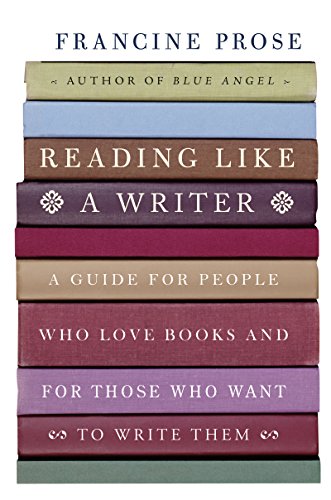
So you got an R&R? Revising is a bit like the “mise en place” that chefs do. Got to have the right ingredients and tools. Ten steps to finish that revision. A 🧵⬇️:
@Write4Research @writing_tips #writingtips #AcademicTwitter #AcademicChatter #academics
@Write4Research @writing_tips #writingtips #AcademicTwitter #AcademicChatter #academics

1. Revise in a group setting. Try to block some time to be together in the same space with your co-authors.See Collins for the power of co-presence. 

2. Plan your responses. Create a google docs where you paste the comments of the reviewers. Highlight the ones that will take most of your time. Ask your team to comment.
3. Rebuild your project folder. You should already have a well organised project folder with key files. Now add references you will need for the revision in a separate sub-folder.
Analyse scholarship. Create a thinking journal in a google docs where you analyse each key new reference. A template for the thinking journal here: shorturl.at/OQT67 

5. Outline. After you have finished your thinking journal, each co-author should create a rough outline of the revised paper. Use the outlines as boundary objects to discuss how you will revise the paper.
6. Map your work. Create a timeline, starting with the date you want to send this back, and work backwards. If you are meeting your co-author, create a day by day schedule.
7. Schedule breaks. Think about energy-replenishing activities that will take you to the finish line: social activities; sports; stimulating reading.
8. Get feedback. After you have finished the first draft of the revised paper, share it with at least one friendly reviewer, and ask them specific questions about your paper. This will make the feedback more constructive.
9. Finalise responses. Use your google docs with the comments of the reviewers to do a line by line response to their comments (adjust per journal as some will ask for a summary).
10. Write the letter to the editor outlining your revision efforts. Check the final version against the journal guidelines. Submit and reward yourself. See more about the “mise en place” here: shorturl.at/msQV9
Good luck ! @PhDspeaks @PhDspeaks @PhD_Genie @PhDfriendSana
Good luck ! @PhDspeaks @PhDspeaks @PhD_Genie @PhDfriendSana
• • •
Missing some Tweet in this thread? You can try to
force a refresh







